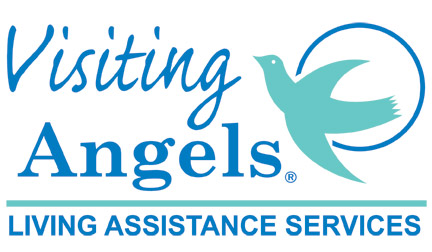Breast Cancer in Older Women
Cancer is a nasty word that draws gasps from everyone who hears it, yet even with the many advances we have found over the last 20 years in both diagnosis and treatment of this often deadly disease, controversy still rules the roost when it comes to question of should we or shouldn't we perform certain tests. For example, although 40,000 cases of breast cancer are detected annually in women over the age of 75, treatments in older women tend to be less aggressive (possibly because of their life expectancy or possibly due to the costs/benefit ratios or even doctor bias).
Even though study after study indicate that early diagnosis and subsequent treatment of breast cancer in women over the age 85 reduces the rate of death due to cancer (researchers at the MD Anderson Cancer Center in Houston in their study from 1980 – 2007 found that "rate of breast cancer death decreased only 1.1 percent in women over age 75," a slower rate of increase than in early aged women), breast cancer treatment is still lagging behind that of younger women. Most doctors tend to see the benefits vs. the risks from tests for breast cancer as leaning towards the risk side of the equation. For example, older women may be less tolerant of chemotherapy for various reasons and this same age group of women may not be eligible for many clinical trials due to their age alone, thus putting into question the value of beginning a potentially long battle with breast cancer in the elderly patient. So, the possible success of treatment of breast cancer in younger women vs. that same possibility of success of treatment in older patients may move doctors away from prescribing the same level of diagnostics for older patients.
The question then comes down to one of morality: do we as a society place more value on the future life span of a younger woman than the pure quality of life of a woman at any age? Should diagnostic tests (i.e., mammograms) proven to find cancer in a women's breasts and offer life saving or life extending opportunities be performed selectively simply due to a women's age?
Medical advances have greatly reduced the death rates caused by breast cancer at all age levels of women. Should those advances in successful treatments be put aside so that more and more younger women have the focus of these medical benefits? Or, do we simply acknowledge that life is valuable at any age and performing these diagnostic tests can save lives (regardless of the age of the patient)? Maybe we should do everything possible to save every life that needs medical intervention and not consider the age of the person; unless of course that particular patient refuses that test or treatment.
Clearly, more medical research needs to be conducted to find better diagnostic tests and more successful treatments at any age and for any cancer, whether the patient is female or male. But until those breakthroughs occur, we are stuck with a system that forces us to make difficult choices for our loved ones, or even for ourselves.

No comments:
Post a Comment